Introduction:
Group interviews are a common format used by employers to assess multiple candidates simultaneously. In these settings, the role of interview psychology becomes particularly significant. Understanding the dynamics of group interactions, managing individual and collective impressions, and navigating social cues are essential for both interviewers and candidates to succeed. Let’s delve into the pivotal role of interview psychology in group interviews.
The Dynamics of Group Interactions:
Group interviews introduce a unique set of dynamics compared to one-on-one interviews. Multiple personalities, perspectives, and communication styles converge, creating a complex social environment. Interviewers must carefully orchestrate the flow of discussion, manage interruptions, and ensure equitable participation among candidates. Conversely, candidates must navigate the balance between assertiveness and cooperation, demonstrating their ability to contribute while respecting others’ input.
Managing Individual and Collective Impressions:
In group interviews, each candidate is not only evaluated individually but also in relation to the group dynamic. Interviewers observe how candidates interact with one another, collaborate on tasks, and assert their ideas amidst differing opinions. This underscores the importance of interview psychology in managing both individual and collective impressions. Candidates must project confidence, professionalism, and leadership qualities while also demonstrating adaptability, teamwork, and active listening skills.
Navigating Social Cues and Power Dynamics:
Group interviews often reveal subtle social cues and power dynamics that can influence outcomes. Interviewers may observe how candidates position themselves within the group, negotiate conflicts, and assert their influence. Understanding these dynamics requires a keen awareness of nonverbal communication, group norms, and the underlying motivations driving behavior. Candidates who can navigate these nuances effectively stand out as strong communicators and team players.
Strategies for Success:
For interviewers conducting group interviews, it’s essential to establish clear objectives, structure the discussion effectively, and create a supportive environment where candidates feel comfortable expressing themselves. Active listening, facilitation skills, and the ability to manage group dynamics are paramount. Additionally, incorporating diverse assessment methods, such as group exercises, role-plays, and case studies, can provide deeper insights into candidates’ capabilities.
For candidates participating in group interviews, preparation is key. Researching the company, understanding the job requirements, and practicing responses to common interview questions are essential. Additionally, honing interpersonal skills, such as active listening, collaboration, and conflict resolution, can enhance one’s performance in group settings. It’s also crucial to project confidence, engage with others respectfully, and contribute meaningfully to group discussions.
Group Interview Example Scenario:
Imagine a group interview for a management position where candidates are presented with a hypothetical business challenge and asked to develop a solution collaboratively. As the discussion unfolds, candidates showcase their leadership abilities, problem-solving skills, and ability to work effectively in a team. Those who demonstrate initiative, strategic thinking, and the capacity to influence others positively leave a lasting impression on the interview panel.
Conclusion:
In conclusion, interview psychology plays a pivotal role in group interviews, shaping the dynamics, impressions, and outcomes of these interactions. Whether you’re an interviewer tasked with assessing candidates’ suitability for a role or a candidate vying for an opportunity to showcase your abilities, understanding the nuances of group interactions is essential. By leveraging psychological principles, communication strategies, and interpersonal skills, both interviewers and candidates can navigate group interviews successfully.
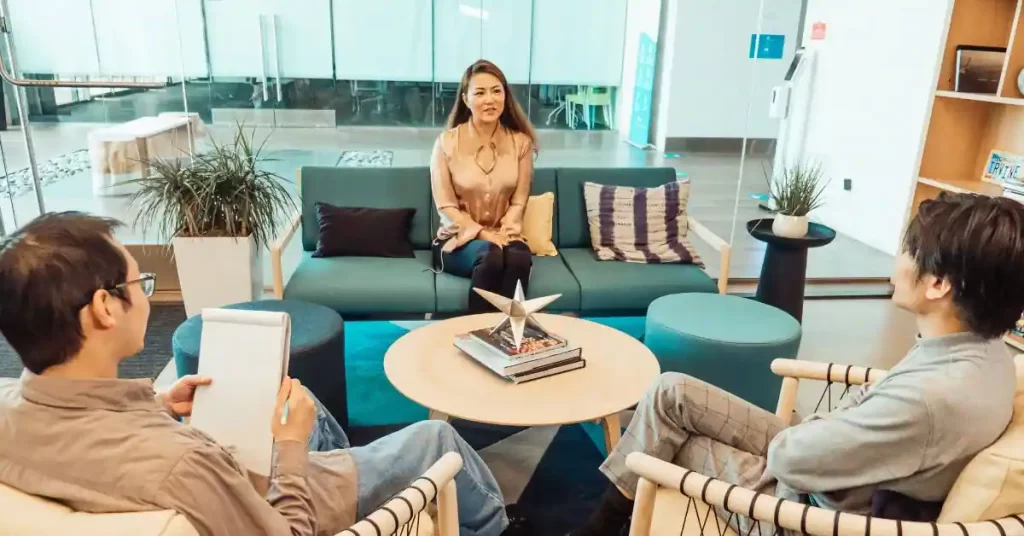
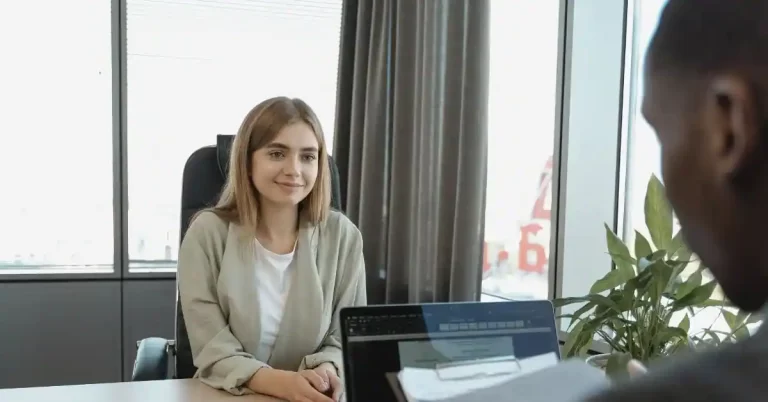

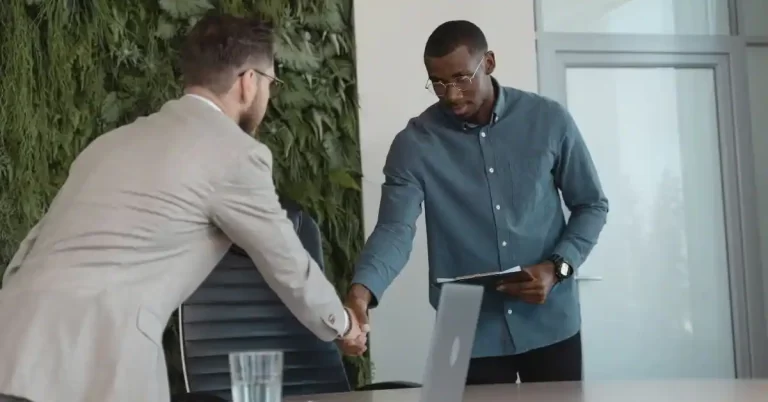
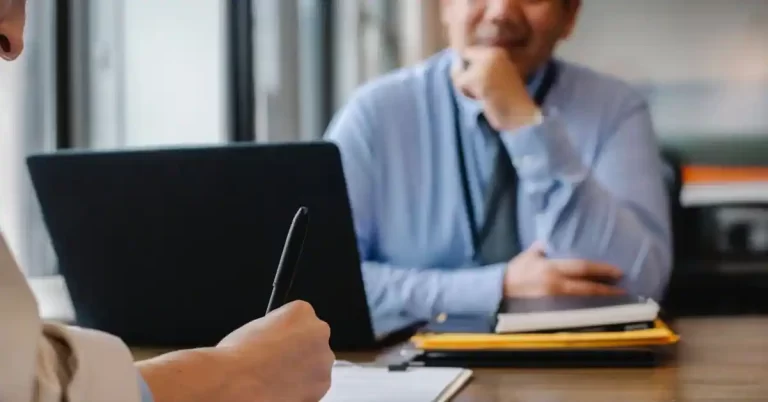
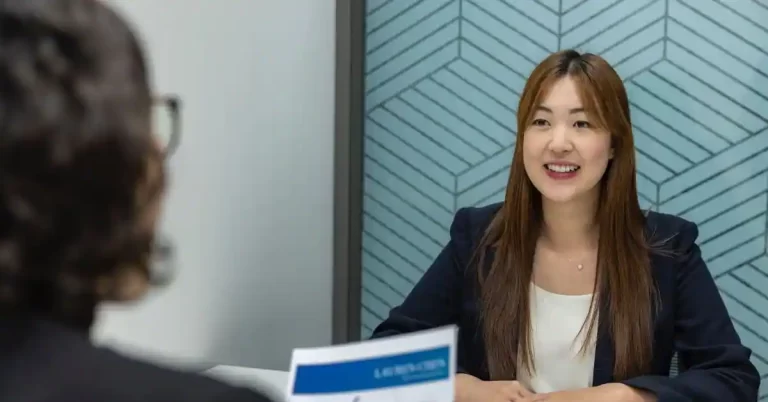
No Comments on Interview Psychology In Group Interview